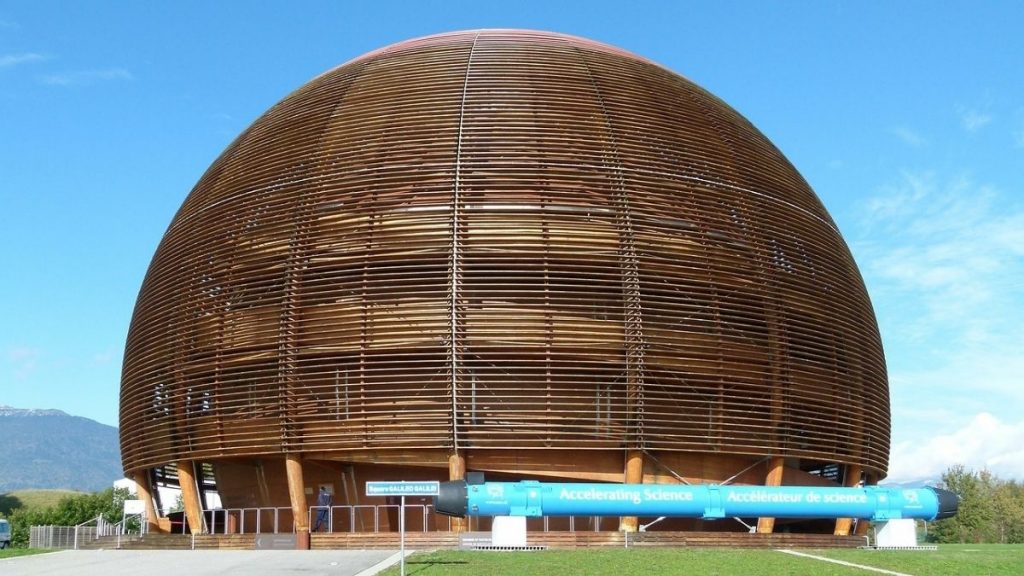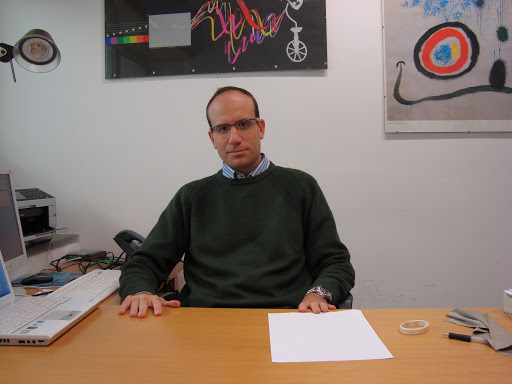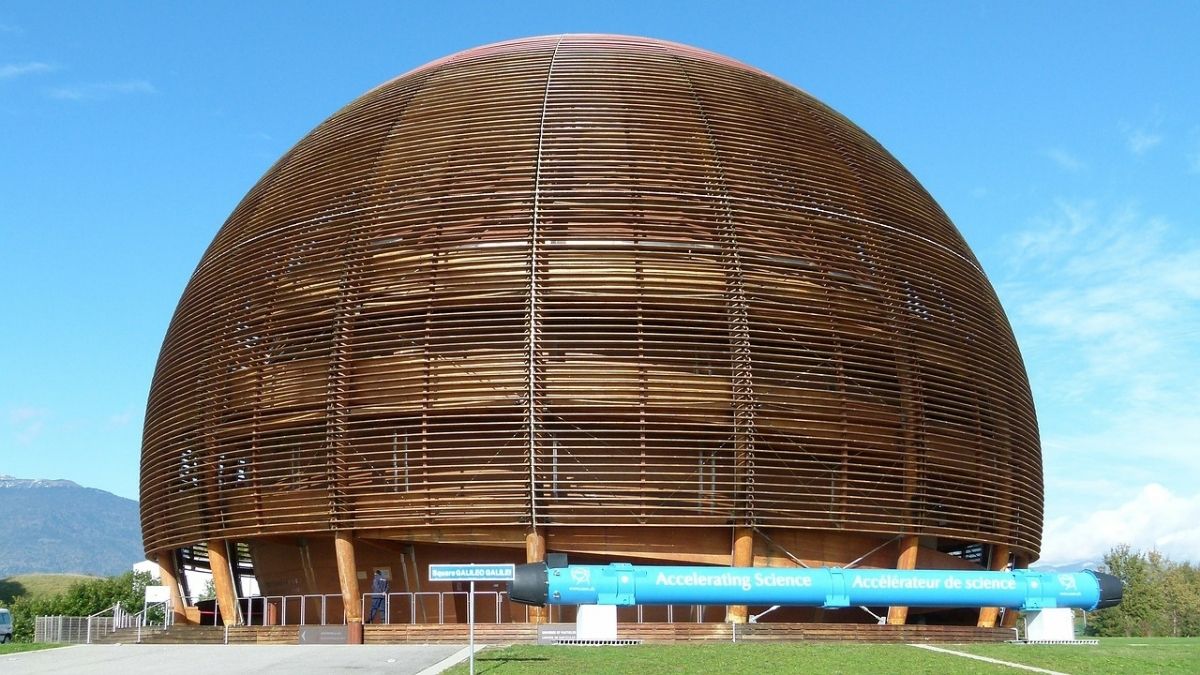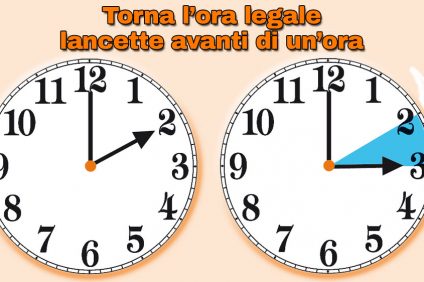It will be a Neapolitan physicist to lead a team of 180 scientists chosen for an experiment to be carried out on the largest and most powerful particle accelerator in the world. The professor John de Lellis, University physicist Frederick II of Naples, will coordinate a team involving 20 institutes in 10 countries from Asia to America. A great recognition for an ambitious project that can open a new frontier in research.

The CERN experiment for dark matter
The team of prof. De Lellis will deal with the ninth experiment that will use the Large Hadron Collider: Snd @ Lhc, or rather Scattering and Neutrino Detector at the LHC, the new Snd particle detector. The approval has come from the CERN Research Board and will aim to study neutrinos for the search for dark matter. The international team also includes researchers from the Federiciano Department of Physics “E. Pancini ”and the National Institute of Nuclear Physics. Researchers from the Department of Structures for Engineering and Architecture and of Electrical Engineering and Information Technologies also collaborate on the project.
The Large Hadron Collider: Snd @ Lhc was designed to detect and study neutrinos, particles similar to electrons but without an electric charge and with a mass at least a million times smaller. This detector will be able to broaden knowledge and discover something more hitherto inaccessible. These are the words of Prof De Lellis on the research that is about to begin: "The experiment will open a new frontier in the study of neutrinos and in the search for dark matter. And since most neutrinos originate from heavy quark decays, neutrinos provide a unique way to study the production of these quarks, otherwise inaccessible.".

Who is Giovanni De Lellis, the Neapolitan physicist at the helm of the team
Giovanni De Lellis, born in 1973, was born in Napoli and graduated in Physics in 1996. Specialized in Elementary Particle Physics and in particular in Neutrino Physics, he is a professor at Federico II. He obtained his PhD in Physics with a thesis entitled “First observation of the associated charm production in neutrino charged-current interactions”. He deals with elementary particle physics and in particular with neutrino physics. For several years he worked at research institutes abroad and in particular at the University of Nagoya in Japan and CERN in Geneva.
He participated in the CHORUS experiment at CERN from 1996 to 2007 and in the OPERA experiment from the initial stages of the proposal in 1998. Author of over 70 articles in international journals, he was the European coordinator of the PEANUT experiment at Fermilab from 2007 to 2011 He coordinated the analysis of emulsions in the OPERA experiment from 2008 to 2012. Since 2012 he is the Spokesman of the OPERA experiment.





